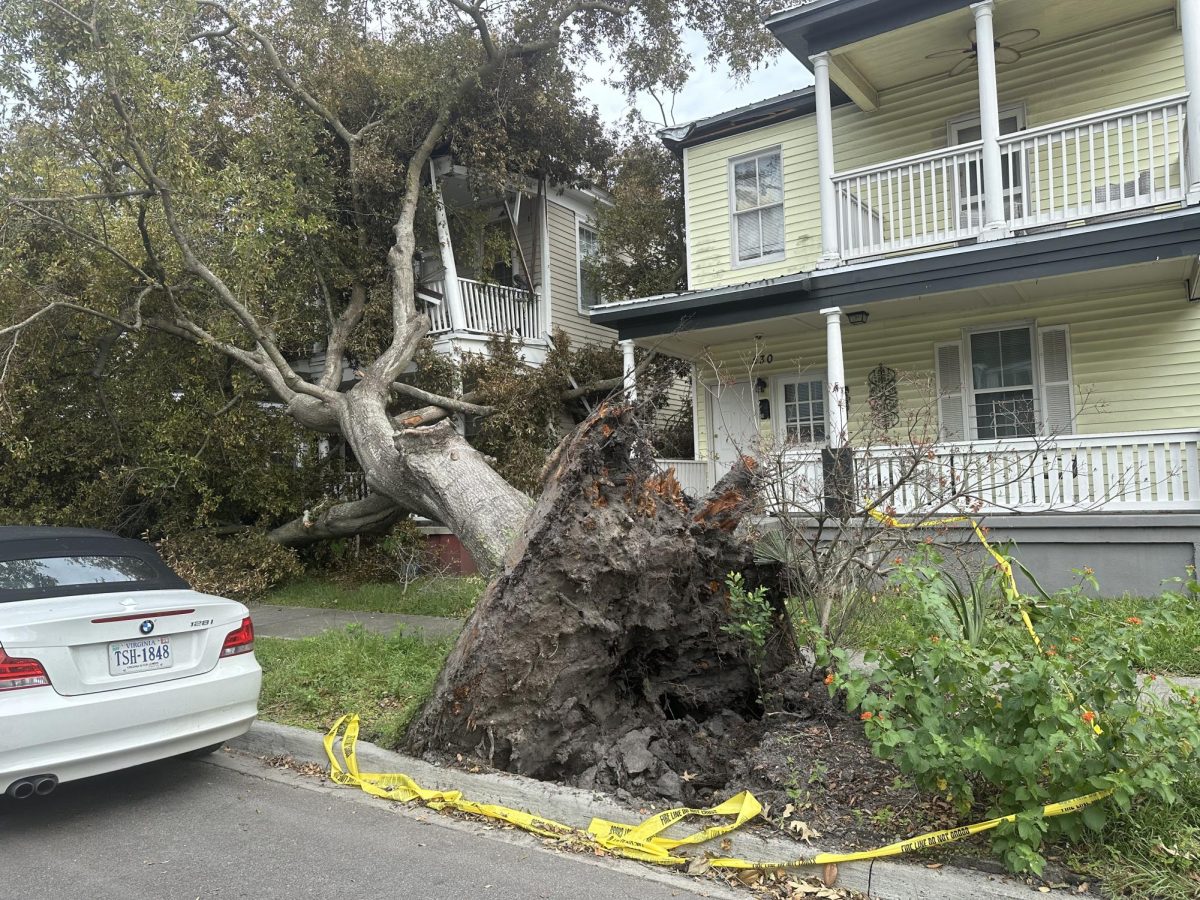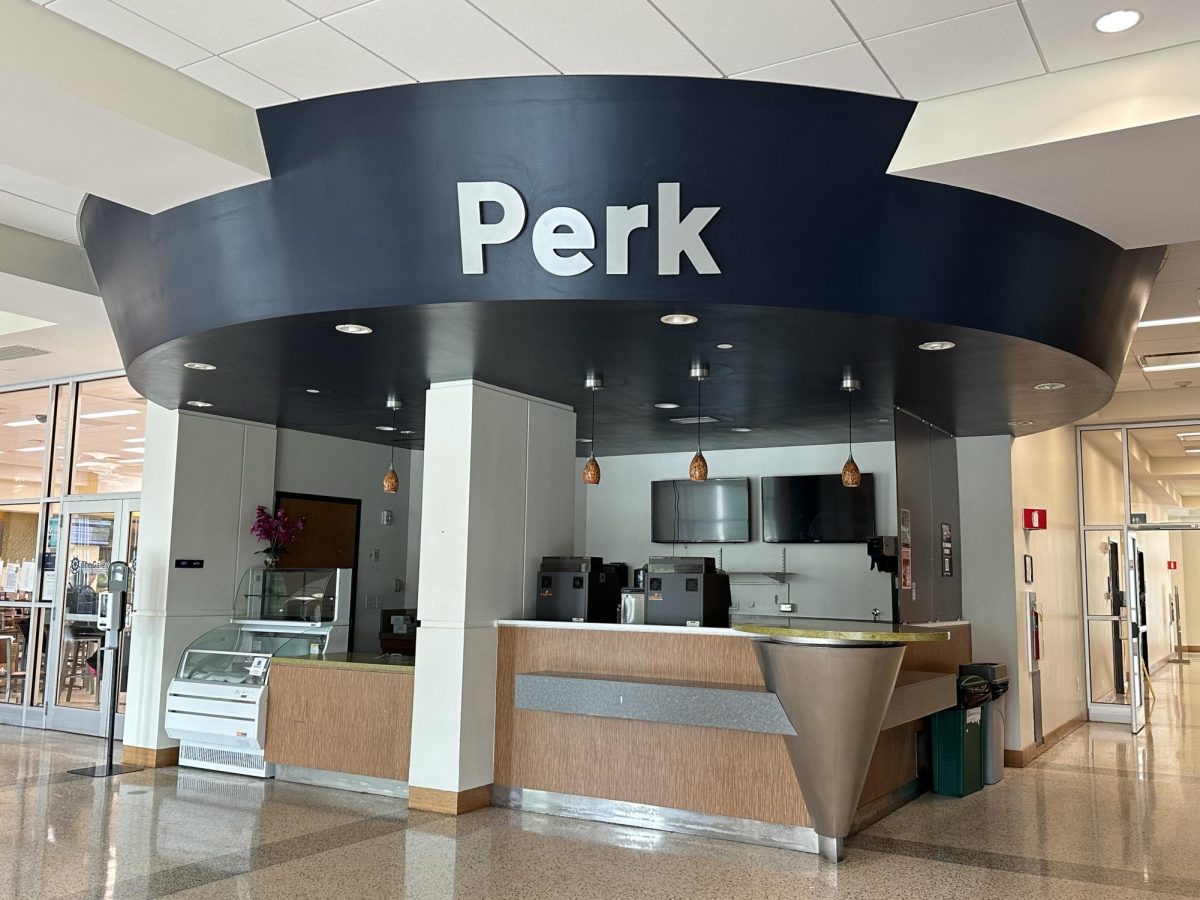By Andrew Sutphen, Staff Writer
In a series of guest lectures from various arms of the criminal justice world, Professor Bill Griffin invited Lieutenant Hal Braswell to speak in his Ethical Theories and Moral Issues in Criminal Justice class on Nov. 5.
Braswell was introduced as a police officer although he made it clear that he felt one should always attempt to excel in their field: “I call myself a law enforcement professional.”
Braswell went on to list his credentials. He has been a law enforcement professional for 16 years and a trainer at the Chatham Police Academy for 11 years. He works at Armstrong 15 to 18 hours a week. He received his graduate degree in Criminal Justice from Armstrong. Braswell has several other certificates ranging from firearms training to a certificate in management.
During the lecture, a student asked what a day in the life of a police officer was like. Lieutenant Braswell then broke down an average work day in terms of the types of crimes committed such as, “Patrolling during the day, it’s mostly traffic related crimes and some day burglaries. After school, you’ve got some incidents involving school kids, at night there’s domestic [abuse]. Late at night you’ve got more alcohol related situations.”
He continued, “The call volume slows around 3am. Bad guys sleep too. Then it starts all over again around 6 a.m.” Another student asked if police work was fun. Braswell answered, “It’s an exciting and rewarding career. It’s a tough job but it’s always something different.”
Several students in the criminal justice class plan to go into law enforcement. Braswell explained some of the qualifications needed to join the Chatham county police force: “You have to be at least 18 years old and have a high school diploma. You must have a clean record; no felonies or felony arrests. If you were even arrested for a felony charge but it was dropped down to a misdemeanor, you would be disqualified.”
He then added, ”And you would have to pass a drug test of course. No domestic violence on your record because that would disqualify you from having a gun. No disregard for the law. That means if you have many arrests or several speeding tickets in a short period of time that would disqualify you. Also no drug charges.”
He said a college degree is not necessary but it’s beneficial. “Having a degree will open doors. The field is becoming more and more competitive.”
Things got a little more serious when a student asked about the police departments policy involving suicide by police and also specifically shooting to kill. Braswell responds by firmly saying, “Law enforcement professionals are not trained to shoot to kill. We are trained to stop the threat.”
At one point during the lecture Griffin asked the Lieutenant to explain what the average officer carries on duty. Braswell replied, “Kevlar vest, duty belt, handgun, a walkie talkie, an expandable metal baton, a taser, latex gloves, a pair of handcuffs, pepper spray and a pocket knife, which can be a very useful tool.”
A student then asked if being pepper sprayed is part of basic training. Braswell smiled, “Yes. I’ll be pepper spraying about twenty people later this week.” Another student asked Braswell what his opinion was on wearable cameras for police, he answered, “I’m for it. It can vindicate officers but when we screw up it’ll show that too. As a cop you’re always under the microscope.” He then joked, “And all that for 30K.”




